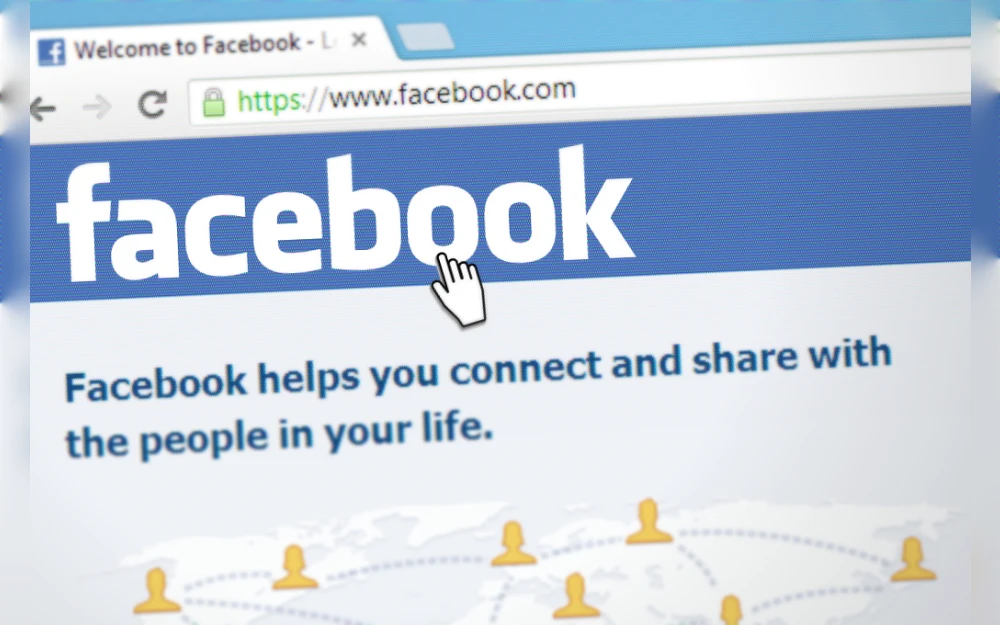

Cybercriminals most obviously employ malicious friend requests to take advantage of Facebook users. It may seem like the solution is as easy as declining friend requests from strangers, but it’s not always that way. Many people accept new friend requests without question, even if they don’t know the person personally, and many have hundreds or even thousands of Facebook friends. Go to the profile of the requester. You’ll recognize it as fake if there are no friends that you share.The results of a Google Image Search readily display their profile image.
If you suspect a friend request is fake, then the profile should be reported. The profile should be blocked. Make the profile mute.Accepting fake friend requests exposes your account to fraudsters and hackers.They can easily obtain your personal data.
The cyber criminals can obtain the information of your other friends by adding them.You and your friends being a target of fraud or fraudulent activities.To steer clear of fake friend requests go to Account Settings and select Private.
Malicious links that lead to phishing or malware are sometimes shared by cybercriminals. If you accept their friend request on Facebook, these may appear in your News Feed. Catfishers create incredibly detailed profiles in an attempt to deceive others for financial or romantic gain. They frequently try to lure victims with pictures of attractive models.











